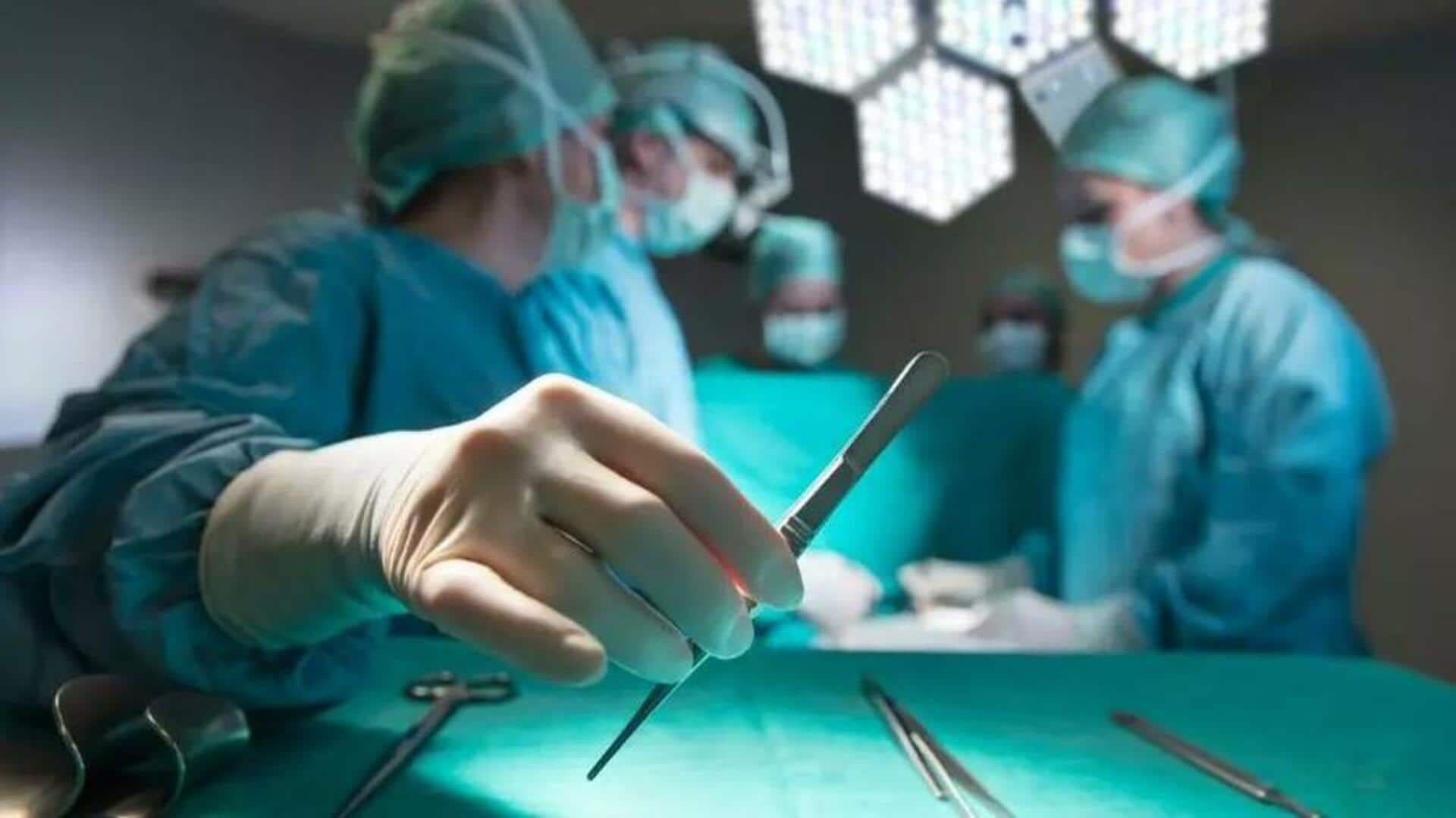
India's surgical infection rate higher than many high-income countries: Study
What's the story
A study by the Indian Council of Medical Research(ICMR) has found a disturbing rate of surgical site infections (SSIs) in India. The study, which included 3,020 patients from three major hospitals—Jai Prakash Narayan Apex Trauma Centre, Kasturba Hospital in Manipal, and Tata Memorial Hospital in Mumbai—found that SSI rates are higher than that of many high-income countries.
Infection comparison
India's SSI incidence surpasses high-income countries
The study revealed an overall SSI incidence of 5.2% among the patients, a rate significantly higher than the usual SSI rates in high-income countries, which is between 1.2% and 5.2%. "The rate in our study was lower than that reported in Gujarat (8.95%) and higher than the one from Dehradun (5%) in India, as well as Iran (17.4%), Egypt (17%), and Pakistan (7.3%)," one of the researchers involved in the study said.
Risk factors
Orthopedic surgeries identified as high-risk for SSIs
The ICMR study also found that orthopedic surgeries had a particularly high SSI rate of 54.2%. Debridement surgeries, particularly those involving amputation or internal fixation procedures, had the highest infection rate at 54.2%. The research also found that surgeries lasting longer than 120 minutes and clean or polluted wound classifications significantly increased the risk of SSIs.
Annual impact
SSIs affect 15 lakh patients annually in India
Further, the ICMR report estimates that nearly 15 lakh patients in India suffer from SSIs every year. It stressed that SSIs result in considerable morbidity, higher healthcare costs, and prolonged hospital stays for the patients concerned. The study suggested a multicentric analysis to estimate SSI proportions and identify risk factors associated with hospital stays and after discharge. Post-discharge surveillance was instrumental in detecting SSIs, identifying 66% of cases after patients left the hospital